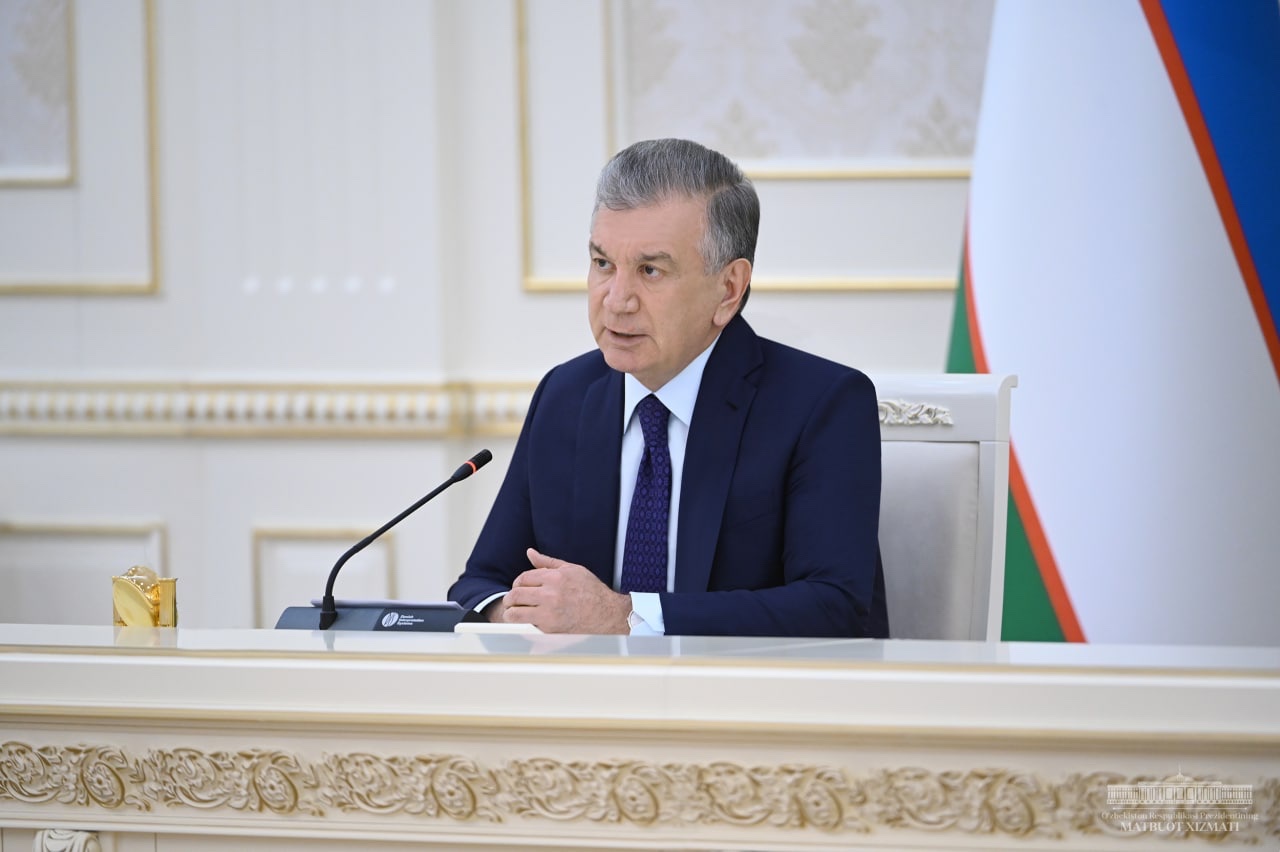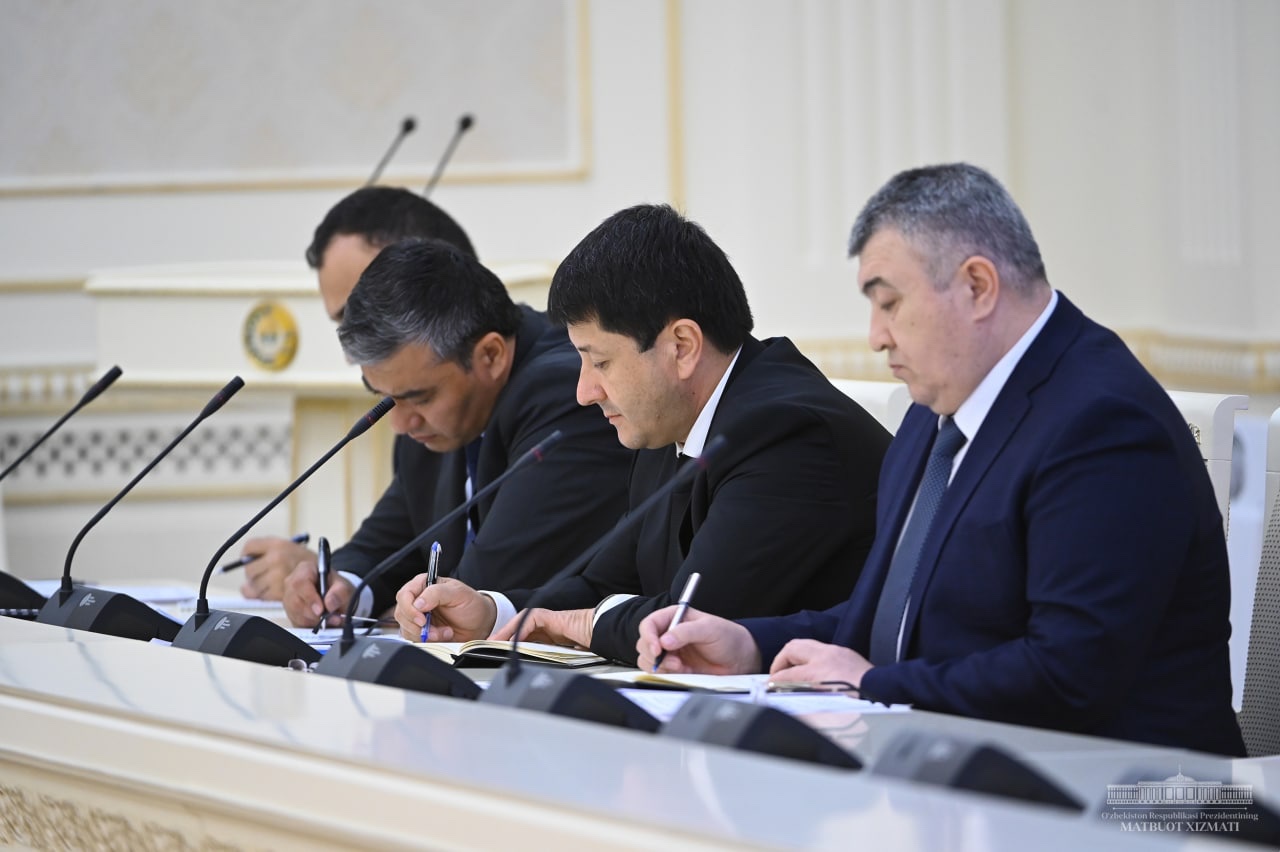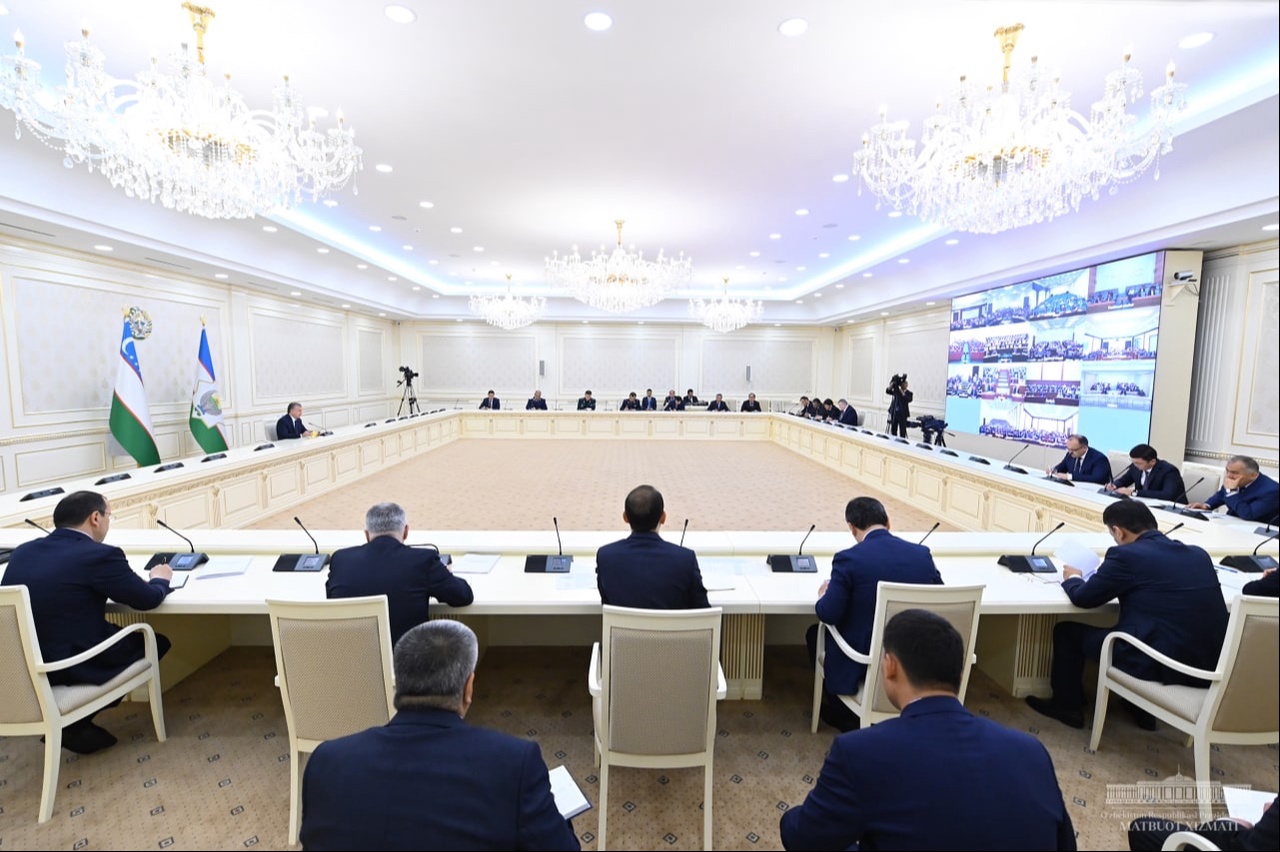Recently, food prices in world markets have been growing rapidly. Prices for 1 ton of wheat on international exchanges exceeded $400, showing a 30% increase since the beginning of the year.
There is a need to introduce market mechanisms in the grain industry to achieve price stability. In this regard, issues of increasing supply in the market by ensuring the interest of farmers, and increasing productivity were discussed at the meeting.
In recent years, more than 160 large private bakery enterprises with a capacity of about 3 million tons have been put into operation in the regions. Last year, the country produced about 3.5 million tons of flour, of which 54 percent is accounted for by private grain enterprises.
The inability of 43 grain enterprises of the Uzdonmahsulot company to work effectively in the new market conditions was criticized at the meeting. The inefficient use of production capacities, as well as cases of theft at state-owned grain enterprises that are still observed, were noted.
It was emphasized that the existing old system of operation of state grain enterprises does not benefit either grain producers or processing enterprises. It was noted that the time has come to take the next important step towards the long-awaited decision by the people and farmers of Uzbekistan – the gradual abolition of the state order for harvesting and the creation of a real grain market.
The Head of the state said that from June 1, after the completion of all necessary organizational work, a transition to market prices will be made when the state purchases and sells grain.
The state will create all conditions for farmers and clusters to put their grain on the stock exchange. The price of 1 ton of wheat purchased for state needs will be increased from last year’s 1,550,000 UZS to 3 million UZS for this year’s harvest.
1 million 783 thousand tons of wheat purchased by the Agriculture Fund will be put on the stock exchange based on the need. At the same time, farmers, based on the average prices formed on the stock exchange in July-August, will be paid a positive difference. This year, the state will allocate more than 6 trillion UZS for these purposes.
In addition, 500 thousand tons of wheat, which will remain at the disposal of farmers, will be accepted for the temporary storage of bakery enterprises, and from July 1, for the first time, farmers and clusters will be able to independently put it up for sale at market prices. At the same time, the state will cover the costs of temporary storage of the indicated 500,000 tons of wheat. Farmers will also be exempt from exchange payments for the 2022 wheat crop.
The Head of the state instructed responsible persons to organize the registration of farmers and clusters that harvest grain on the exchange, assign brokers to them, and train them in exchange trading.
7.6 trillion UZS are allocated for this year’s grain harvest. For the new order to work fully, fairly, and transparently, each soum will reach farmers and clusters on time and in full, and a system of daily control will be introduced to prevent price increases and product shortages.
“The real owners of grain are farmers and clusters”, the Head of the state said. – From now on, it is strictly forbidden to seize grain from farmers under the pretext of not fulfilling the plan in the area, the need for feed for livestock, poultry, and fish farming. There will be no restrictions on the movement of grain sold through the exchange”, the Head of the state said.
Credit resources for 800 billion UZS will be allocated to replenish the working capital of Uzdonmahsulot and private enterprises.
The President instructed to increase the number of modern, compact, energy-efficient flour mills, expand areas for growing grain and increase their productivity, and introduce a system for compensating transportation costs for the delivery of flour and flour products to remote villages. Hokims of the regions were instructed to take personal responsibility for preventing shortages in the market and ensuring price stability by importing flour and flour products from other regions of the country and from abroad.
The privatization of bakery enterprises will also accelerate. Responsible persons were instructed to sell state-owned shares in 20 grain enterprises by August 1.
The agenda of the meeting also included issues regarding the prevention of emergencies.
In March-May this year, about 15 major floods and landslides occurred due to heavy rains in Bukhara, Jizzakh, Namangan, Samarkand, Surkhandarya, Syrdarya and Tashkent regions. 9 people died. 245 houses and 19 bridges were damaged. More than 450 heads of livestock died.
It was noted that this is also because in areas with a high risk of floods and landslides, chaotic construction, as well as indiscriminate irrigation have been carried out for years.
The President instructed responsible persons to create round-the-clock headquarters and increase the number of rescue teams in the places where mountain rivers and streams flow, study the state of preparedness of river banks, reservoirs, and flood protection facilities for emergencies, and resettle residents from risk zones to safe areas.















